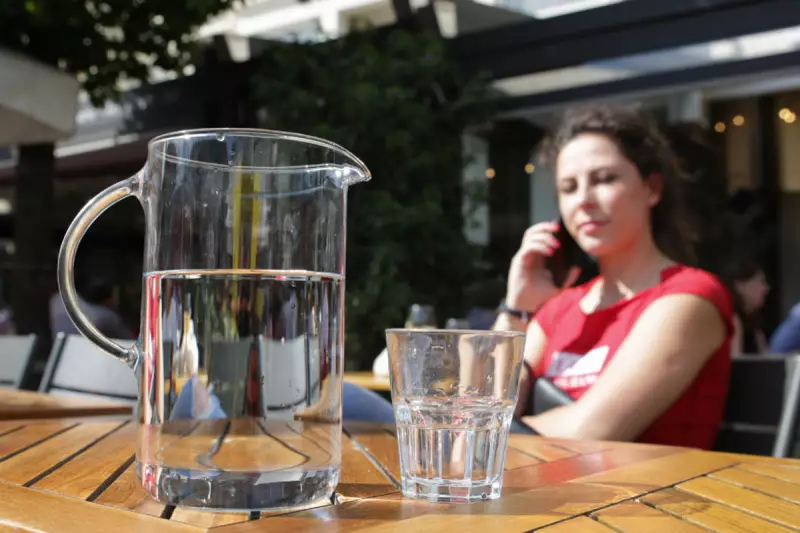
Aurora's Water Plea: A Simple Gesture for a Major Crisis
If you find yourself dining in a restaurant in Aurora, Colorado, and your table lacks the customary glass of water, do not be too quick to blame the service. This is likely a deliberate act of conservation, as the city launches a new initiative to preserve its precious water supplies amidst a growing crisis.
The city's water supply is currently at a precarious 65 percent of its total storage capacity, which can hold up to 156,000 acre-feet across its reservoir system. An unusually dry November has exacerbated the situation, and with a similarly parched forecast for December, the Aurora City Council has taken action.
Voluntary Measures and a History of Drought
The council has approved a resolution encouraging local eateries to serve drinking water only when a customer specifically asks for it, rather than providing it automatically. For now, this is a voluntary measure, but it highlights the severity of the situation.
Shonnie Cline, deputy director of internal and external affairs with Aurora Water, explained the reasoning. She noted that restaurants are a source of significant water waste and that while this single action won't solve the crisis, it is a crucial part of a larger public education campaign. "This deficit that we've got up in the mountains is pretty significant," Cline told 9 News. "Last time I looked, I think it's about 30% less than what we would like to see this time of year."
The city has a tiered system for drought response. These new guidelines become mandatory only when the city enters one of its three official drought stages, which is triggered when water storage drops below 100,000 acre-feet. Aurora last implemented such drought restrictions in 2023.
Restaurant Response and a Wider Trend
Despite the city's encouragement, some local business owners are hesitant. Scott Burnham, a restaurant owner and chef in Aurora, stated he would leave the choice to his customers unless the rule becomes compulsory. "I obviously try to sell sparkling water or still water by the bottle, but I think in the end, a lot of people just want some tap water," he said. "Unless somebody comes and knocks on my door and tells me I can’t do it, I’m going to serve water to my customers."
Aurora is not pioneering this approach. A decade ago, California adopted a similar practice under Governor Jerry Brown. Hawaii’s island of Oahu has prohibited automatic water service since 1992. In Colorado itself, both Steamboat Springs and the Town of Frisco have enacted identical measures during past dry spells.
The region is still recovering from a 'super-drought' that lasted from 2020 to 2022. Research published in Science Advances indicates that such extreme droughts, once considered a one-in-1,000-year event, could now occur as frequently as once every six years due to the effects of human-made climate change, putting continuous pressure on water conservation efforts across the American West.





